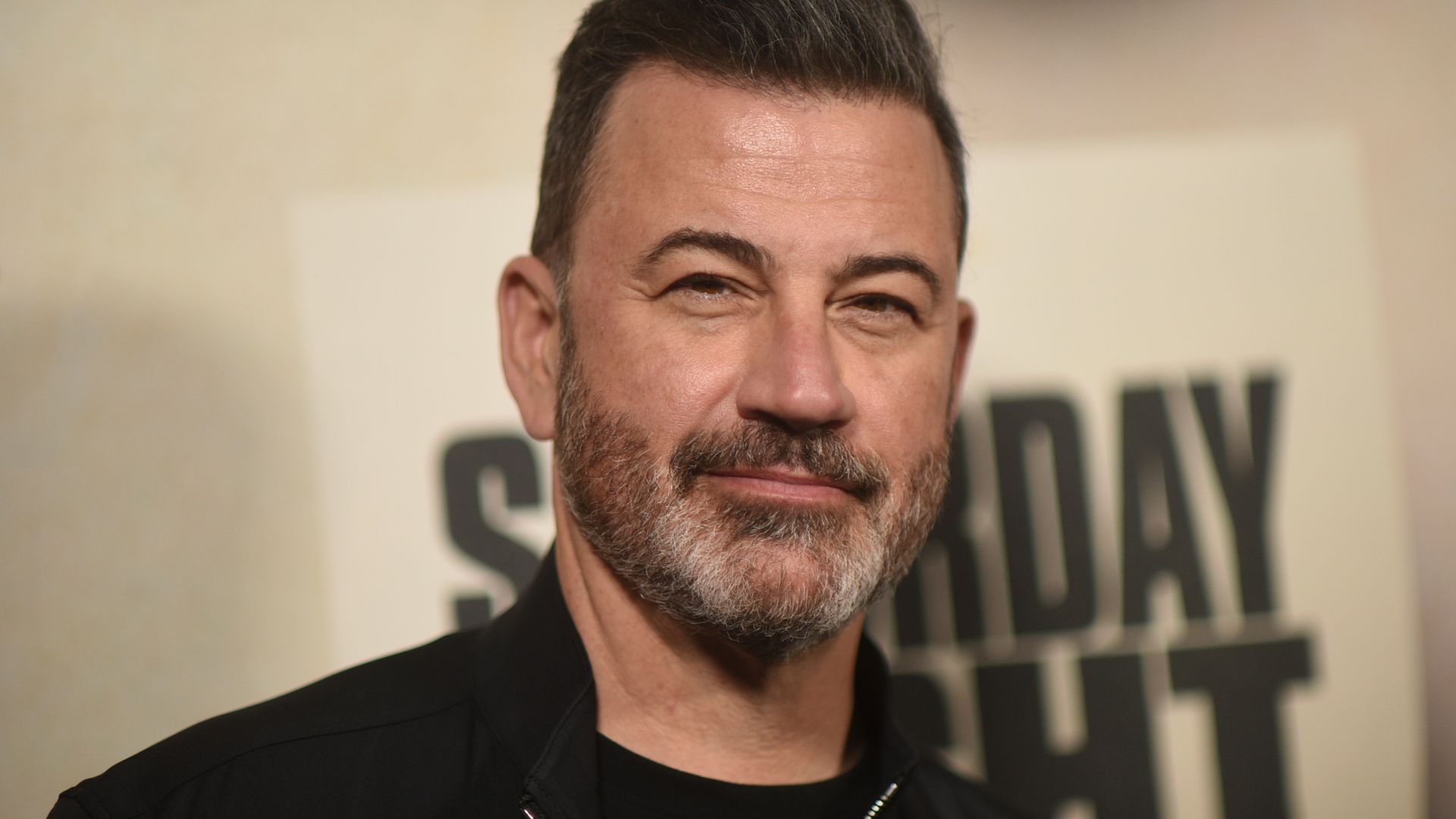
U.S. Sen. Susan Collins criticized former President Donald Trump on Tuesday for “reckless” remarks that called into question whether the U.S. would adhere to a commitment to defend its NATO allies from attack if Trump recaptures the White House.
Trump, the front-runner in the U.S. for the Republican Party’s nomination this year, said at a rally in North Dakota on Saturday that he once warned that he would allow Russia to do “whatever the hell it wants” to NATO member nations that do not devote 2 percent of their gross domestic product to defense. Nineteen countries fall short of the threshold.
It was the latest instance in which the former president seemed to side with an authoritarian state over America’s democratic allies. Collins joined a small group of elected Republican officials to criticize the comments as Trump closes in on recapturing the party’s nomination to face President Joe Biden in November.
Speaking from the White House as he encouraged the House to take up a Senate-passed aid bill to fund Ukraine’s efforts to hold off a two-year Russian invasion, Biden said Trump’s comments about the mutual defense pact were “dangerous and shocking.”
“The whole world heard it, and the worst thing is he means it,” Biden added.
NATO, the military alliance between North American and European countries that has defined America’s foreign policy after World War II, relies on a mutual defense clause that says that an attack against one or more of its members shall be considered an attack against all members.
Since the full-scale Russian invasion of Ukraine in 2022, Biden has ushered Finland into the alliance and is clearing the way for Sweden to do the same. The 2 percent threshold was established after Russia annexed Ukraine’s Crimean Peninsula in 2014, when the allies agreed to halt post-Cold War spending cuts.
The spending target is not a requirement for NATO members. As he did in the Feb. 10 rally in North Dakota, Trump has long mischaracterized what he calls “delinquent” payments from alliance members to NATO. Countries don’t owe money to anyone if they spend less on defense than other members, though it has been a sticking point in the past.
Collins, a centrist Republican who helped lead Senate passage of a bipartisan aid deal focused on Ukraine and Israel on Tuesday, noted in a statement that each NATO member state has an obligation to spend that 2 percent share.
“Nevertheless, President Trump’s comments were reckless and risk damaging NATO at a critical time,” she said.
U.S. Sen. Angus King, a Maine independent who caucuses with Democrats, told States Newsroom, a network of liberal news outlets, that it was “shocking that [Trump] would actively encourage Russian aggression in Europe.”
Trump has challenged Republicans’ hawkish foreign policy orthodoxy since before he rose to the presidency after the 2016 election. His allies in Congress, including Sen. Marco Rubio of Florida, a staunch NATO backer, have defended Trump since he made his remarks by saying the alliance did not deteriorate during his presidency.
“President Trump got our allies to increase their NATO spending by demanding they pay up, but Joe Biden went back to letting them take advantage of the American taxpayer,” said Jason Miller, a Trump senior adviser, in response to Biden’s comments. “When you don’t pay your defense spending you can’t be surprised that you get more war.”
Story by AP writers Zeke Miller and Colleen Long. AP writers Seung Min Kim and Jill Colvin and BDN writers Michael Shepherd and Billy Kobin contributed to this report. Information from a Factcheck.org article distributed by the Tribune Content Agency was used.










